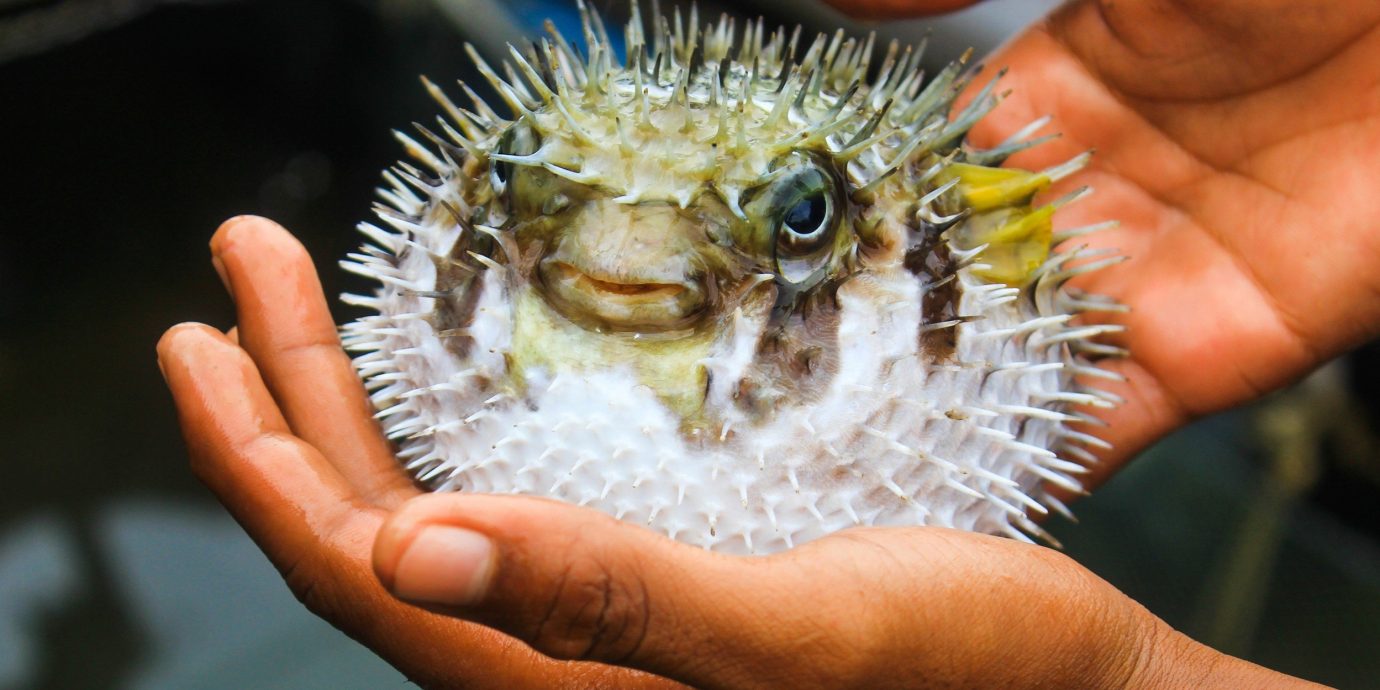
9 Bizarre Foods Banned in the U.S.
We're all for bringing back memories, souvenirs—even the occasional hotel amenity—from our trips abroad. But illegal foods? You're asking for deep $@&!. We're talking fines, or worse, prison time. Let's just say, orange was never your color.
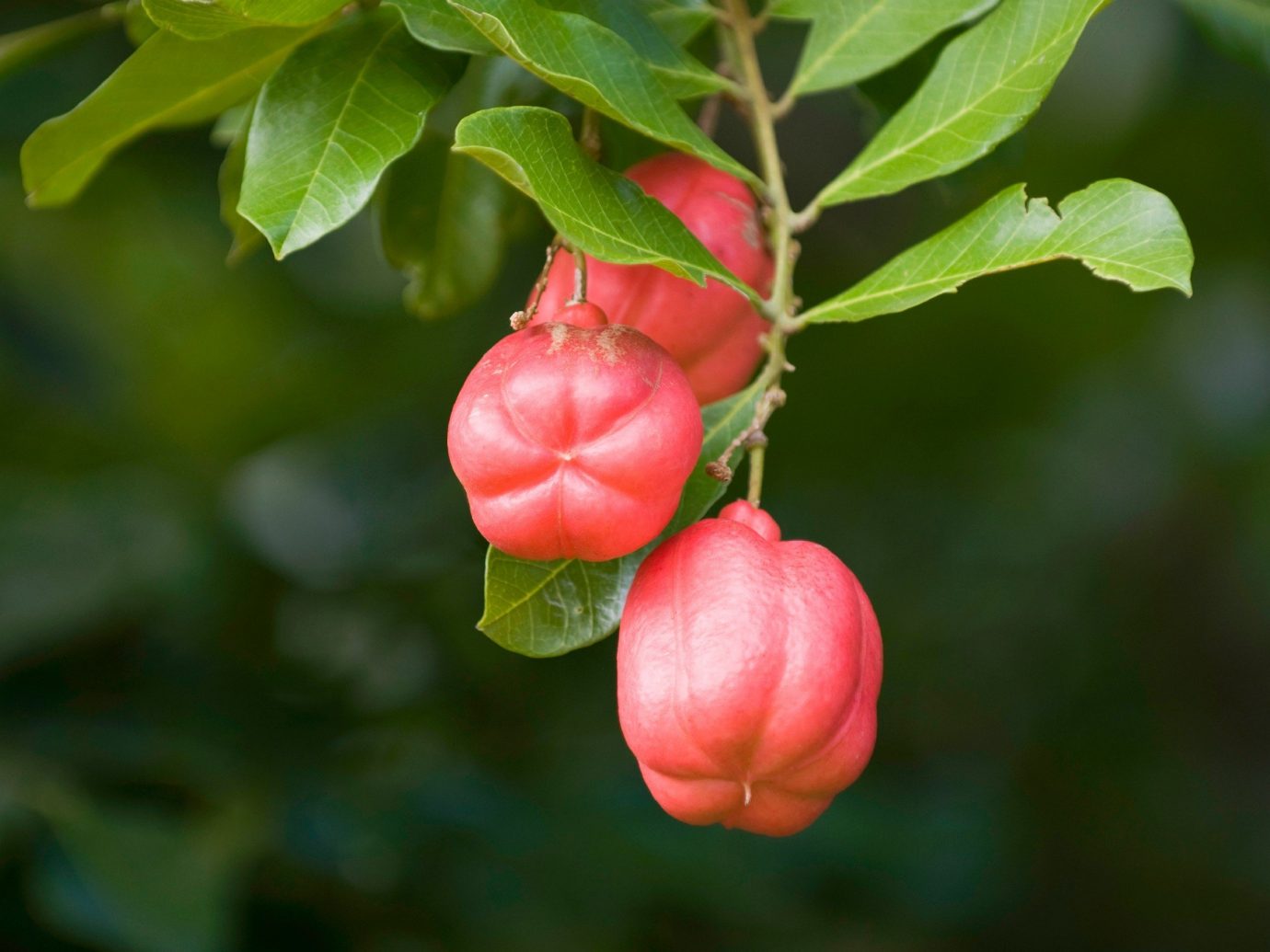
Ackee
One half of Jamaica’s national dish (boiled ackee with salted cod), this tropical fruit has been a staple in the Caribbean diet since it arrived from West Africa in the 18th century. It's large, shiny black seeds have a buttery, creamy texture and a taste that some compare to hearts of palm. But try and bring it back to America, and you could be slapped with a hefty fine (or worse, thrown in jail). The fruit’s seeds contain toxic levels of poison, and can cause what’s known as “Jamaican Vomiting Sickness”—or even death.
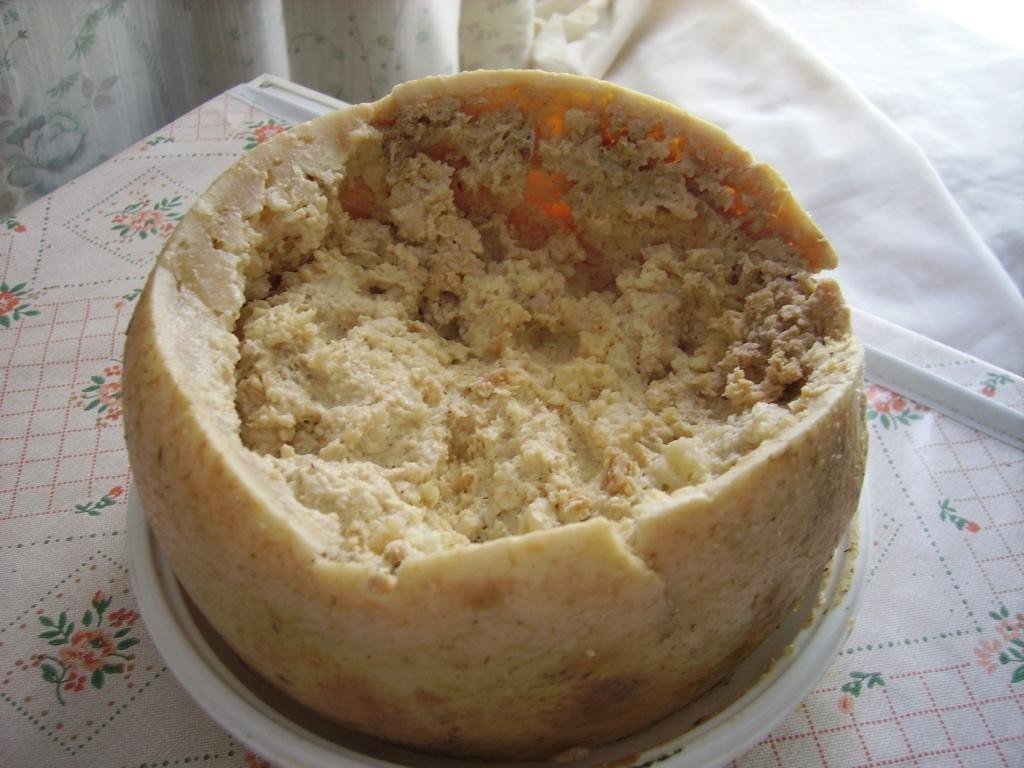
Photo by Shardan via Flickr
Casu Marzu
Larvae-infested sheep’s milk cheese—sounds gross, right? Well, in Sardinia, this rotten dish is (believe it or not) considered an aphrodisiac. With a taste similar to ripe Gorgonzola, casu marzu’s distinctive flavor is the result of the fly larvae that is left to hatch inside the cheese over a period of two to three months. And as if that weren’t nasty enough, the live maggots must be thoroughly chewed before being swallowed, or else they can eat their way through the intestine. We can't say we're sad to be missing out on this stomach-churning Sardinian tradition.
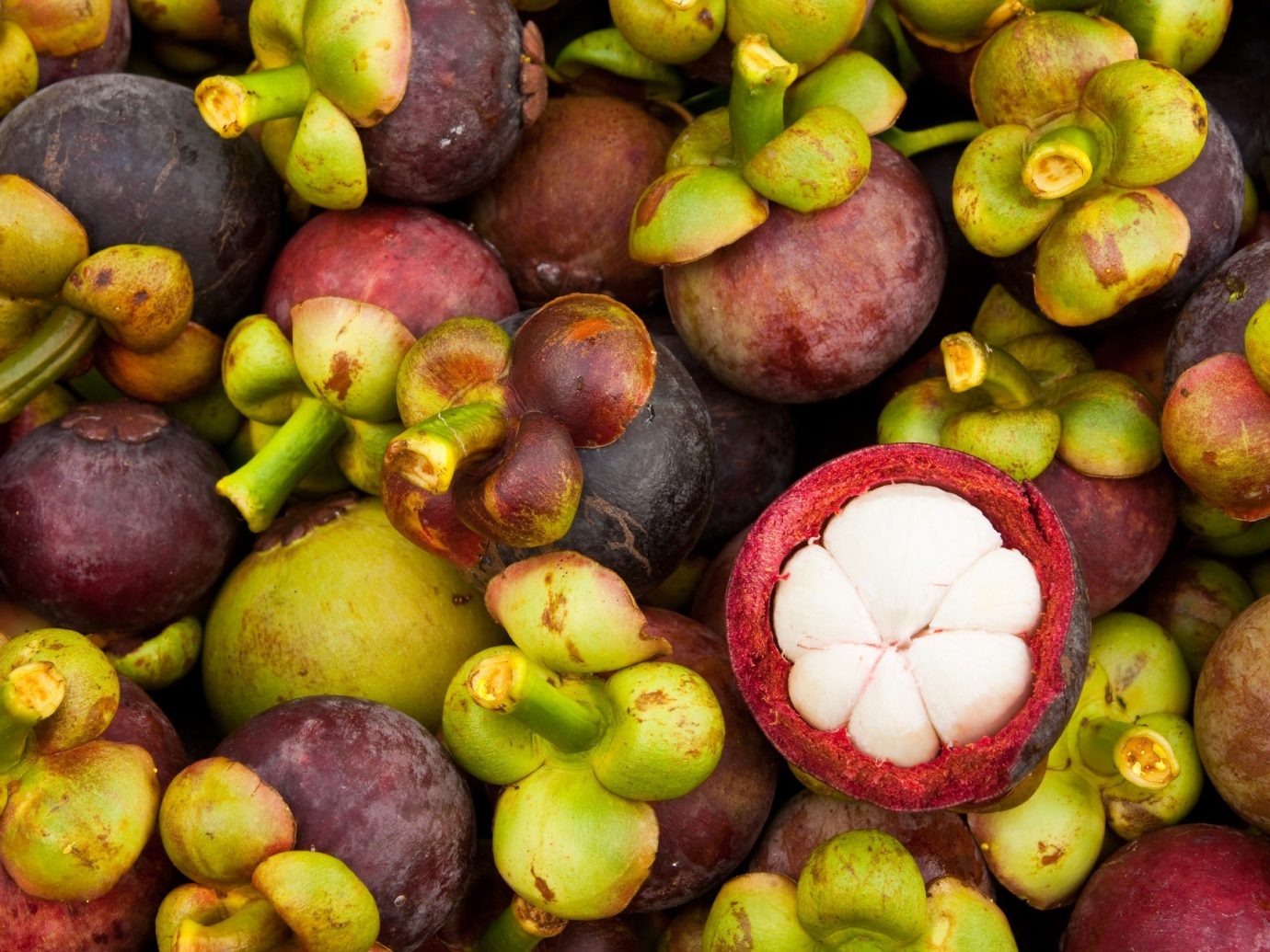
Mangosteen
This Southeast Asian treat—a cross in taste between a peach, a lychee and a pineapple— is known as one of the tastiest tropical fruits out there, which explains why Queen Victoria reportedly offered knighthood to any person who could deliver her one. With a flavor so legendary, you can only imagine the kind of public outcry that ensued when the import of the fruit was barred in 2007, due to concern that it harbored disease-carrying insects. Today, the import ban has been lifted, but the prices remain ridiculously high, at roughly $5 apiece.
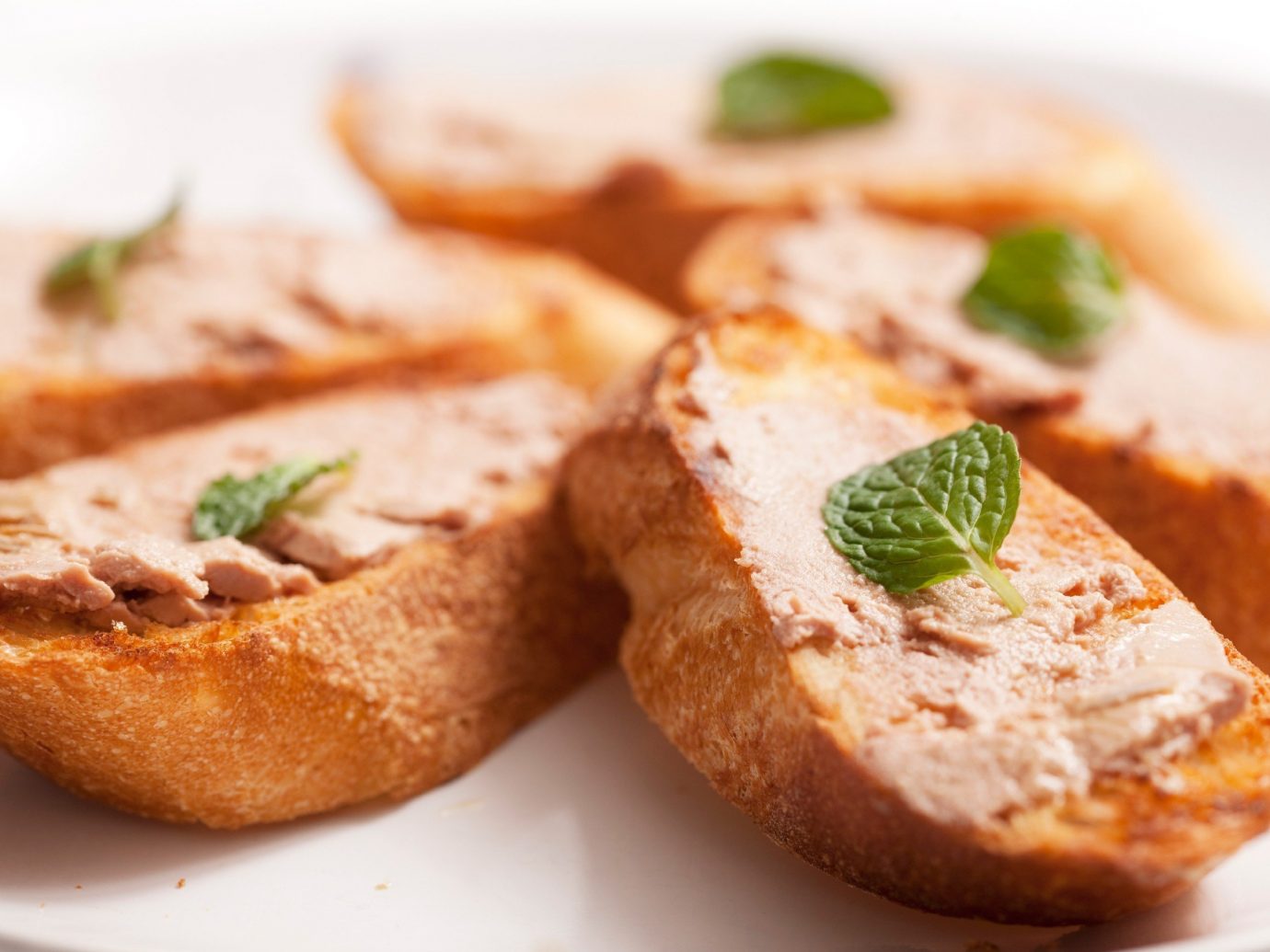
Foie Gras
We wish we could say that we're sad to see foie gras going extinct, but at the going rate of about $50 per pound, it's not like we could ever afford it anyway. Banned in California due to ethical concerns, the french delicacy has been disappearing off American menus since animal rights advocates shed light on the practice by which fatty terrine is produced and harvested (i.e., by force-feeding duck and geese.)
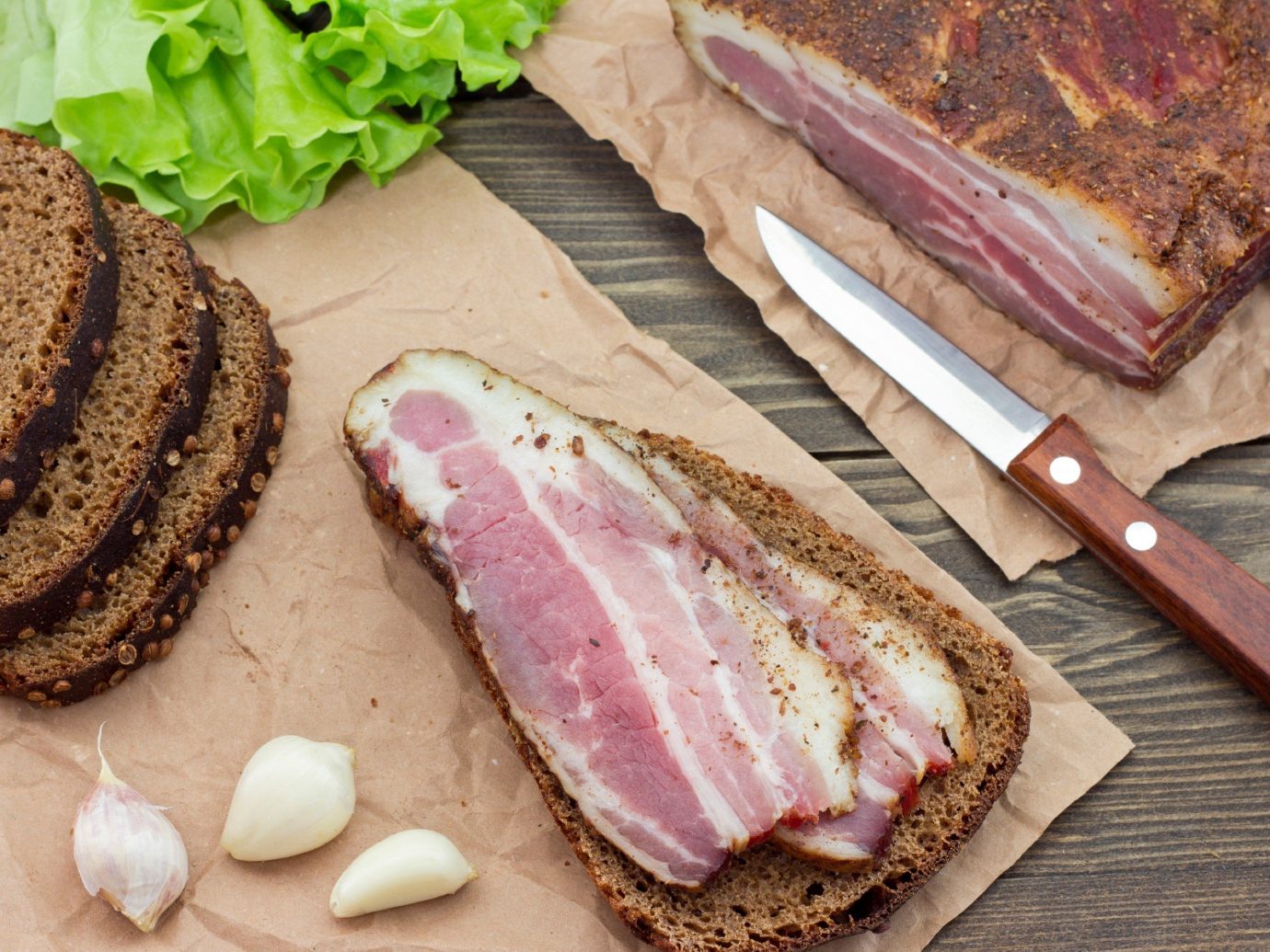
Horse Meat
Hungry? How about a horse burger? But really. Low fat, iron-rich, and abundant in vitamin B, horse is considered to be a superior meat to beef or chicken—that is, if you can stomach the idea. And while many states have banned the slaughter of horses for human consumption, many Americans are surprised (and even horrified!) to learn that it’s technically legal to eat horsemeat in all 50 states. In fact, nothing less than a national emergency was declared when, earlier this year, traces of horse meat were found in supermarket "beef" products. Read the fine print, people!
RELATED: World's Craziest Tasting Menus
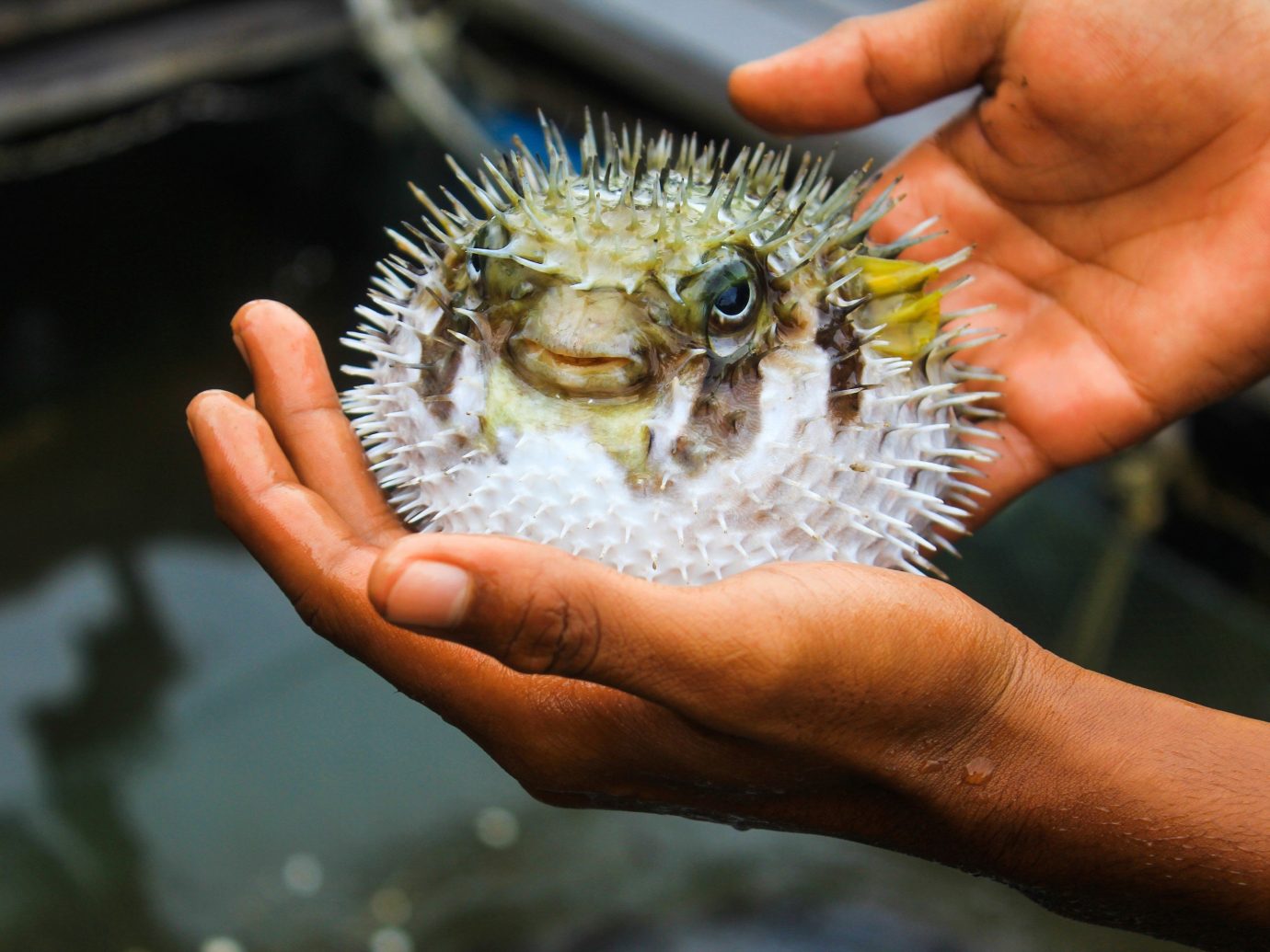
Japanese Puffer Fish
Puffer fish, also known as fugu in Japanese, are the world’s most toxic species of fish and contain a poison that is up to 1,200 more lethal than cyanide. Illegal to sell, harvest, or prepare puffer fish in the U.S. without passing a rigorous written exam, only a handful of highly trained chefs are permitted to serve the dangerous delicacy. And with a test pass rate of only 25%, don’t expect the dish to show up on the menu at your neighborhood joint anytime soon!

Photo by Jonathan Brown
Ortolan
Smuggle this rare, sparrow-size bird into the States and you could face up to three years in prison. But if all the hype is any indication of the gastronomic reward, the risk may just be worth it. In 1996, before passing away, former French president, François Mitterand, served the bird at his “last meal." And in 2008, a notable American chef smuggled the protected species in empty coffee cans so that it could be served at a top-secret dinner party.
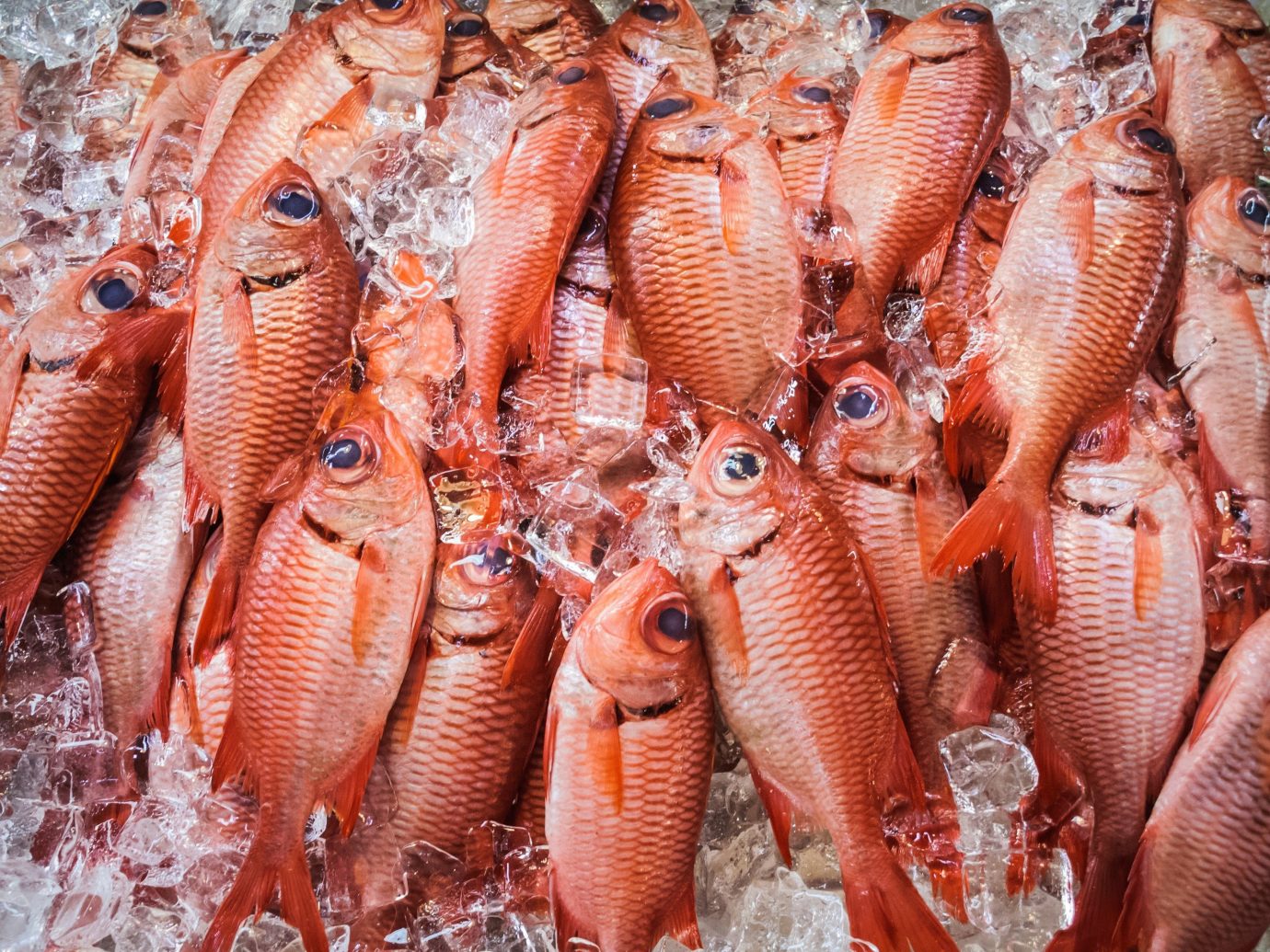
Redfish
Ever wonder what happens when a food craze goes awry? In 1980, famed New Orleans chef, Paul Prudhomme, released a recipe for blackened redfish that became so popular it landed on the endangered species list. Today, there are virtually no redfish fisheries in the U.S., save for a few in Mississippi. Anyone up for a road trip?
Want more?
Comments
All products are independently selected by our writers and editors. If you buy something through our links, Jetsetter may earn an affiliate commission.
Become a Jetsetter.
Use our insider connections to know where to go and what to do.
By proceeding, you agree to our Privacy Policy and Terms of Use.
Thanks for Signing Up!




